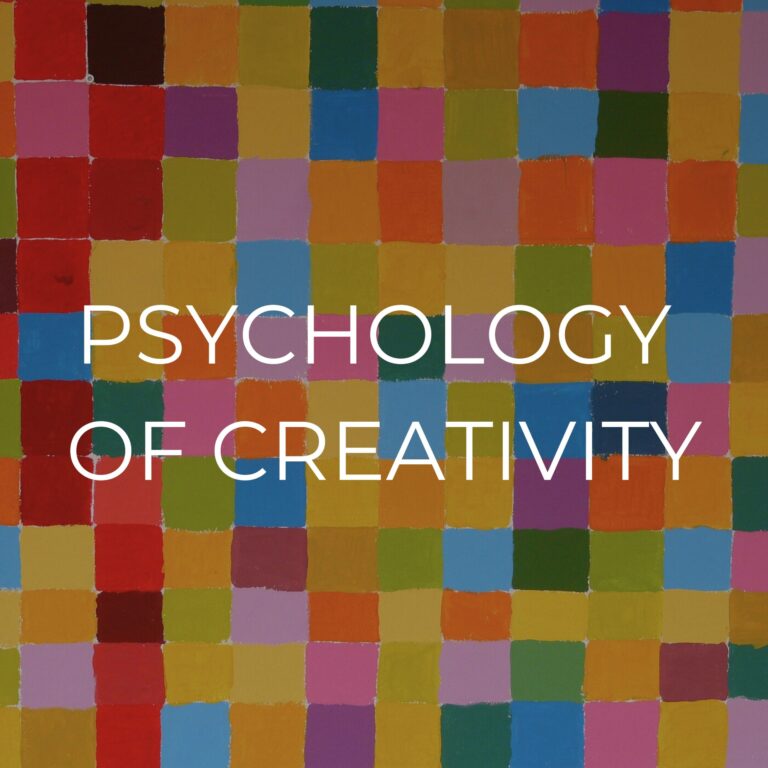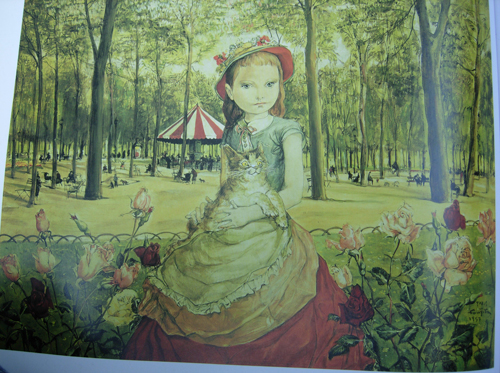Carl Rogers on constructive creativity: How it connects to learning and growth

Carl Rogers, one of the founders of Humanistic Psychology, outlined three essential conditions for what he termed “constructive creativity” (as opposed to destructive creativity) in his book On Becoming a Person. These principles not only illuminate the creative process but also offer profound insights into how we learn as adults.
The Three Conditions for Constructive Creativity
- Openness to Experience (Extensionality)
Rogers described this as the opposite of psychological defensiveness. It involves a willingness to tolerate ambiguity and to engage fully with new experiences. This openness creates the mental flexibility necessary for creativity to flourish. - An Internal Locus of Evaluation
According to Rogers, “The final evaluation lies in the person’s own organismic reaction to and appraisal of the creation.” In simpler terms, something is “right” when it feels authentic and satisfying to you. This internal gauge is critical for producing work that resonates deeply. - The Ability to Toy with Elements and Concepts
Constructive creativity requires a playful mindset. This includes experimenting with ideas, colors, shapes, relationships, and even translating concepts from one form to another. The willingness to play spontaneously fosters innovative connections and breakthroughs.
Creativity and Learning: The Same Core Principles
As someone immersed in the world of teaching and learning, I see these conditions reflected in the learning process as well:
- Openness to Learn
True learning begins with an openness to new ideas and experiences, allowing us to move beyond preconceptions and defensiveness. - An Internal Locus of Evaluation
To truly learn as adults, we must develop our own internal framework for evaluating information. Without this, we’re simply absorbing endless streams of data without clarity or purpose. - The Ability to Play
Learning, like creativity, thrives on play. Following our natural interests and enthusiasms is how we learn most effectively. In many ways, adult learning is a process of remembering what we’re genuinely interested in.
These three principles—openness, internal evaluation, and playfulness—are as vital to meaningful learning as they are to the creative process.
Inspired by Higher Creativity
This post was inspired by the book Higher Creativity by Willis Harmon, which offers a detailed exploration of Carl Rogers’ work and its broader implications for creativity and learning.





